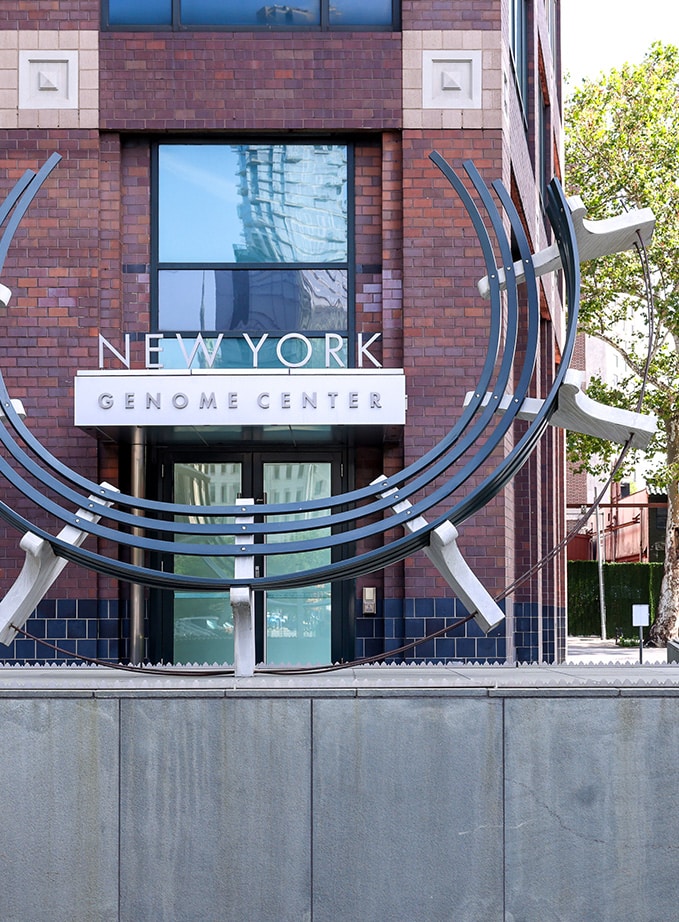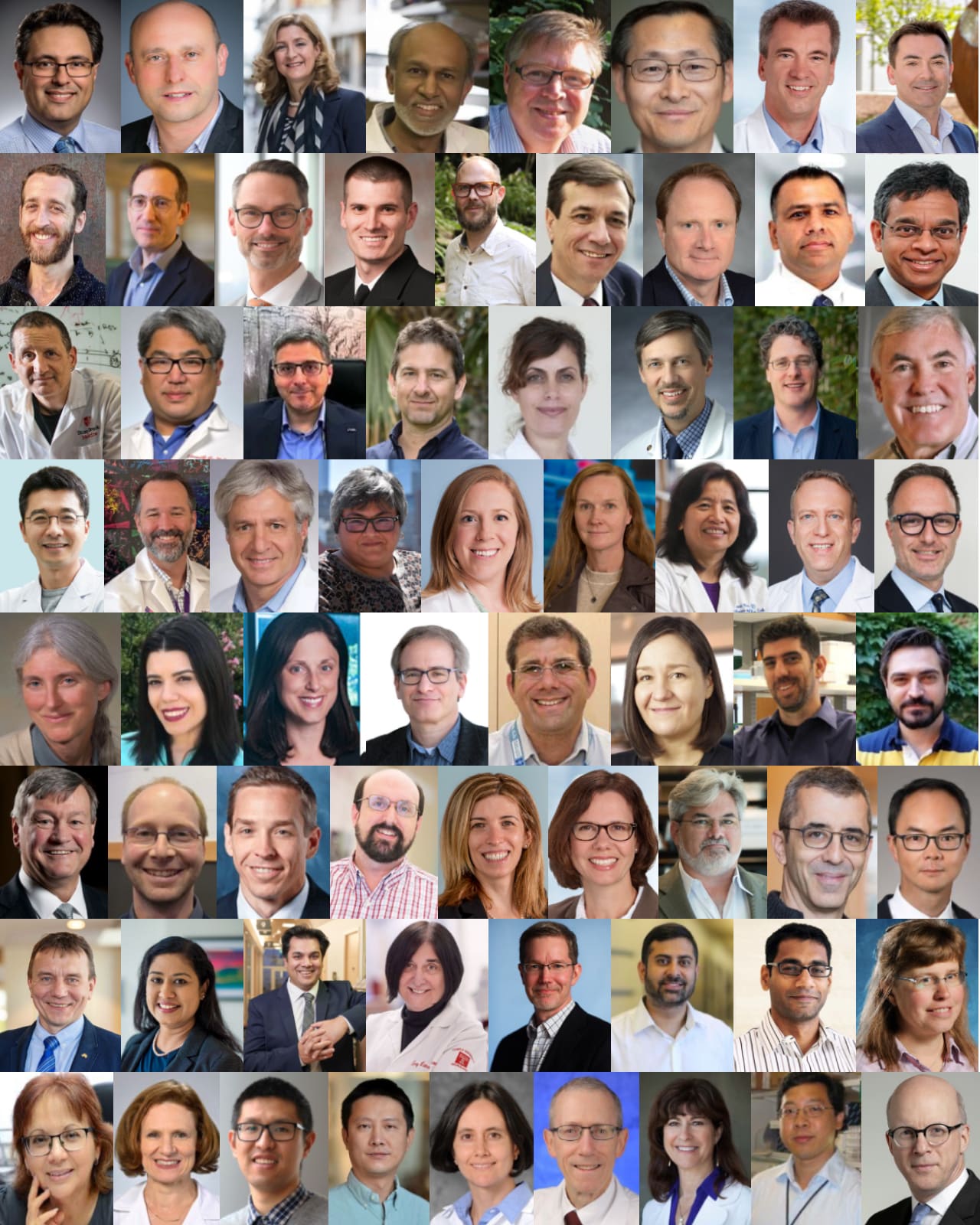Disease-Specific Consortia
The NYGC's Disease-Specific Consortia
Sequencing well-stratified cohorts and harmonizing clinical phenotyping in a consortium effort can enable the integration of genomic and clinical data to identify genetic modifiers of disease onset, progression and presentation.
NYGC consortia enable our partners to leverage our links with academic institutions, disease foundations and pharmaceutical industry resources to create centers of excellence for genomics research in specific disease areas, including to:
- Empower clinical informatics
- Advance biospecimen collection
- Enable complex data analysis
- Develop functional genomics programs
- Propel data warehousing
Join Our Consortia
The current NYGC Consortia are open to additional academic and industry partners.
If you are interested in joining any of our consortia or participating in a new disease-specific consortium with us, please contact us.

NYGC ALS Consortium
The Center for Genomics of Neurodegenerative Disease (CGND) at NYGC has formed an ALS Consortium involving alliances with clinicians, scientists, geneticists, computational biologists, and industry partners. The primary goal is to discover mutations underlying ALS and to understand how they cause disease. The Consortium establishes a framework to apply clinical and functional genomics together with bioinformatics to the study of ALS disease mechanisms.
The NYGC ALS Consortium has grown to 38 member institutions worldwide. Our efforts synergize with other ALSA-funded consortia, such as the Genomics Translation for Clinical Care (GTAC) Consortium headquartered at Columbia University. The NYGC and Columbia University efforts comprise the largest and best characterized ALS study to date with over 3,000 clinically well-annotated samples within the next three years.

Specific Goals of the ALS Consortium
- Integrate genomic and clinical data to identify genetic modifiers of ALS disease onset, progression and presentation
- Combine whole genome sequencing with RNA sequencing
- Build functional genomics program: design, create, and share ALS models to study mutation effects in stem cell-derived neurons and mice
- Create and maintain a data warehouse for genomic data that can ultimately be broadly accessed by and freely available to the academic community
The NYGC and Industry Partners Cancer Genomics Alliance (NYGC Cancer Alliance)
Existing cancer genomic data is growing, but is limited. The NYGC Cancer Alliance aims to advance the clinical study of cancer therapies and genomic data with the goal of improving patient care. The repository built by this Alliance provides access to data from clinically well-annotated tumor and paired normal samples, in addition to whole genome sequencing, whole exome sequencing, sequencing panels, RNA sequencing and epigenetic studies. These cancer patients have failed conventional therapy, but have a life expectancy of one to three years, providing an opportunity for meaningful intervention. Additionally, the data repository can be utilized in multiple ways, including the identification of genetic differentiators to stratify patients for clinical trials and inform rational combination of therapies, the defining of biomarkers for clinical diagnostics, and to discover new clinically relevant pathways.
The NYGC Cancer Alliance is actively engaged with multiple top-tier partner academic institutions and hospitals to collect patient samples and clinical information. In Phase I, the NYGC Cancer Alliance will sequence 200 cancer patients (funded by IBM as the Founding Industry Partner). The NYGC Cancer Alliance is seeking additional industry partners to fund Phase II and beyond.